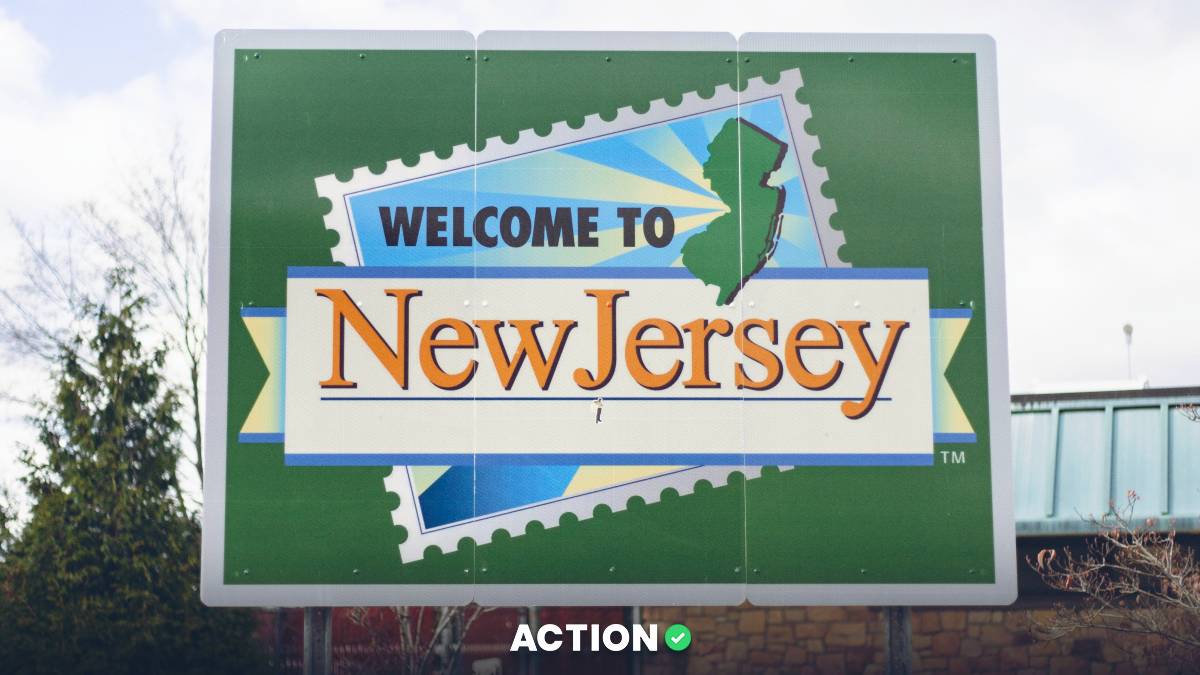One lawmaker in Ohio wants to make sure his online casino bill gets the state paid.
Senator Nathan Manning (R-13) introduced SB 197. It would legalize iGaming for licensed operators in Ohio, if it is passed. It's a strategic move to boost gaming revenues, coming on the heels of a previous failed attempt by Governor Mike DeWine to raise sports betting tax rates.
This bill also brings the Buckeye State a step closer to joining the handful of other states that already have legal online casinos. Only Connecticut, Delaware, Michigan, New Jersey, Pennsylvania, Rhode Island, and West Virginia allow adults to gamble from their phones or computers.
But one difference with this bill, compared to past ones, it appears to be getting more support.
Ohio Online Casino Tax Rate Proposal Is High
A key feature of Manning’s bill is its steep iGaming tax rate.
The proposed legislation sets a tax rate of 36% for operators using their own platforms. This rate increases to 40% for those partnering with external operators like FanDuel or DraftKings.
If passed, Ohio's online casino tax rate would be among the highest in the country, comparable to or exceeding several states, including:
- Pennsylvania, which has a 36% rate – the highest among open iGaming markets.
- Michigan, where the rate varies between 20% and 28%, depending on revenue.
- Connecticut and New Jersey, which have much lower rates of 18% and 15% respectively, although New Jersey is considering an increase to 25%.
Ohio's rate would become the highest iGaming tax rate for an open market in the country. Currently, only Rhode Island and New Hampshire, with limited market operations, have higher rates.
What Else Does SB 197 Call For?
Senate Bill 197 would also permit licensed internet gambling operators to offer online gambling in Ohio under the regulation of the Ohio Casino Control Commission, similar to online sports gaming.

Online gambling games include those that simulate spinning reels, wheels, cards, dice, tiles, or other equipment with outcomes determined randomly. Players must be 21 or older and physically in Ohio to participate.
Only Ohio casino operators or horse racetrack owners can obtain a license as an internet gambling operator, and each can only operate one internet gambling platform. In other words, SB197 would enable Ohio's four physical casinos—Jack Cleveland, Hollywood Casino Columbus, Hard Rock Cincinnati, and Hollywood Toledo—as well as the seven licensed video lottery racinos, to apply for iGaming licenses for a single platform.
The Ohio Casino Control Commission must set a launch date for online gambling by March 31, 2026, and can issue provisional licenses for the initial six months.
Licensing Costs and Revenue Allocation
Operators must pay a license application fee, a $50 million initial license fee, and a $5 million renewal fee. The revenue generated is primarily funneled into Ohio's general revenue fund, with 99% allocated there and the remaining 1% directed toward the state’s problem gambling fund.
Interestingly, the bill suggests a reduction in the state’s retail sports betting tax rate from 20% to 10%. Additionally, it seeks to legalize online lottery games and horse racing bets via apps, with iLottery revenues supporting educational initiatives.
There's a Second iGaming Bill Being Discussed in Ohio
Ohio might see more competition in the legislative arena.
As we reported earlier this month, Ohio Representative Brian Stewart is preparing his own online casino bill. Stewart is also committed to establishing iGaming in Ohio, and House Bill 96 would expand the Buckeye State's current gambling laws to include online casino games. His goal is to use iGaming as a way to provide additional revenue to the state.
Speaker Matt Huffman (R-Lima) shares this perspective, acknowledging that gambling, once viewed as taboo, is now regarded as a legitimate source of revenue.
As the chair of the House Finance Committee, Stewart is a key figure in shaping the state budget.
Ohio Getting Closer To Legalizing Online Casinos
Senate Bill 197 sets the framework for online gambling in Ohio. The legislation outlines the rules and regulations for operators and provides a plan that will generate funding for the state.

SB197 has been directed to the Senate Select Committee on Gaming for initial evaluation.
It remains to be seen how far it will get, since the last attempt to legalize iGaming in Ohio started and ended with Ohio State Senator Niraj Antani, who introduced Senate Bill 312, only to have it fizzle at the end of last year.
But now the door is open again, and the discussions seem to be more focused. Stay tuned.









